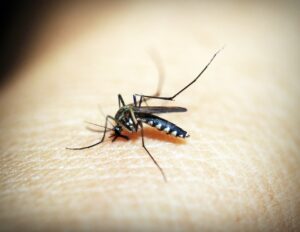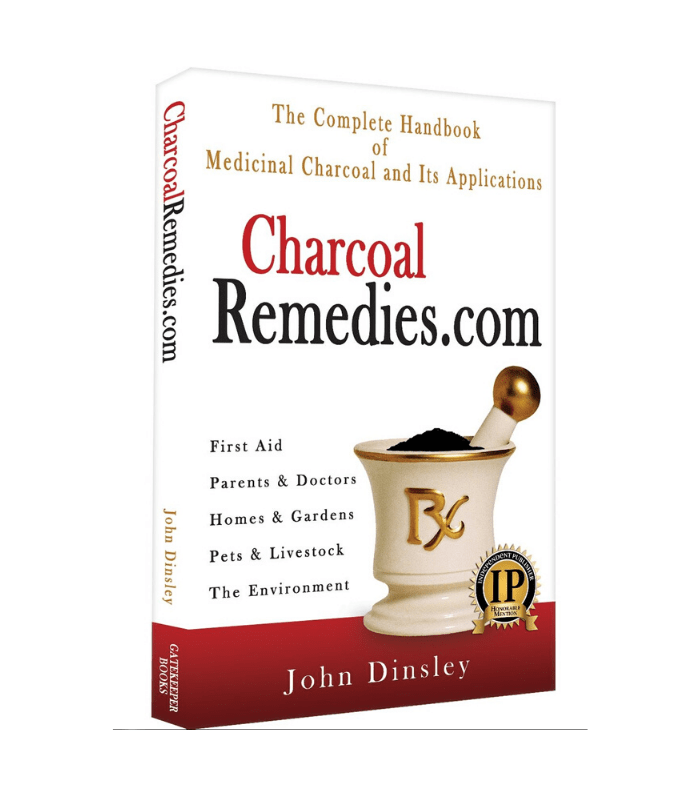Malaria
 It is estimated there are 400–600 million cases of malaria each year in Africa and that between one half and one million African children die each year as a direct result of malaria. Up until recently the standard treatment had been the use of the powerful toxic alkaloid drug Quinine. Considering the list of lethal side effects and the 31% failure rate, it is debatable which was worse, the disease or the cure. Recently another natural remedy has become the treatment of choice—artemisinin (96% effective) from the plant Artemisia annua (commonly known as Sweet Wormwood). Unfortunately old methods die hard and the availability of artemisinin has limited its widespread introduction even though 41 African countries have adopted artemisinin as the first line of treatment.
It is estimated there are 400–600 million cases of malaria each year in Africa and that between one half and one million African children die each year as a direct result of malaria. Up until recently the standard treatment had been the use of the powerful toxic alkaloid drug Quinine. Considering the list of lethal side effects and the 31% failure rate, it is debatable which was worse, the disease or the cure. Recently another natural remedy has become the treatment of choice—artemisinin (96% effective) from the plant Artemisia annua (commonly known as Sweet Wormwood). Unfortunately old methods die hard and the availability of artemisinin has limited its widespread introduction even though 41 African countries have adopted artemisinin as the first line of treatment.
Three observations led researchers to examine a potential role for activated charcoal (AC) in the treatment of severe malaria. First, a number of studies have demonstrated that AC is highly effective at adsorbing a range of cytokines (including TNF, IL-1 and IL-6 ) that result from endotoxins produced by microbes. Cytokines, which can, in small numbers, stimulate the immune system in a healthy way, can also overwhelm it when they bloom, and lead to death (as in 1918 Spanish Flu pandemic). AC is able to remove these cytokines from the blood including TNF which is associated with malaria. Second, the lethal effect of TNF is associated with its delivery to the intestinal lumen via the bile duct. This raises the possibility that AC in the intestinal lumen might directly reduce cytokine availability. Third, oral AC has for many years been used in the clinic to suppress chronic kidney disease, by indirectly controlling inflammation.
With these facts researchers designed a study* to calculate 1) to what degree AC would prevent Cerebral Malaria and 2) because AC dramatically reduces the effect of Quinine, to determine to what degree AC might interfere with the effectiveness of the malaria treatment of choice, artemisinin.
The result? Researchers concluded: “We found that oral AC provided significant protection against… Experimental Cerebral Malaria (ECM), increasing overall survival time (95%) compared to untreated mice…” Protection from ECM by oral AC was associated with reduced numbers of certain cytokines including TNF. “Furthermore, we identified a whole blood gene expression signature (68 genes) associated with protection from ECM.” To evaluate whether oral AC might affect the effectiveness of artemisinin, researchers conducted a randomized controlled open label trial in 52 human volunteers. “We demonstrated that co-administration of oral AC was safe and well-tolerated. “
Here again we see two simple natural remedies, working alone or together, can be an effective treatment for a disease that kills hundreds of thousands of people each year around the world. Clearly a SAFE remedy. Recognizing its universality and safety record, researchers added, “If future studies succeed in establishing the efficacy of oral AC in human malaria, then the characteristics of being inexpensive, well-tolerated at high doses and requiring no sophisticated storage would make oral AC a relevant candidate for adjunct therapy to reduce mortality from severe malaria, or for immediate treatment of suspected severe malaria in a rural setting.” How can you treat malaria? What is a proven treatment for cerebral malaria? Planning a trip to Africa soon? What will you be packing with you? By the way charcoal also works for cholera, typhoid, infections, dysentery, poisonous insects, wounds…
How can you treat malaria? What is a proven treatment for cerebral malaria? Planning a trip to Africa soon? What will you be packing with you? By the way charcoal also works for cholera, typhoid, infections, dysentery, poisonous insects, wounds…
* de Souza JB, Okomo U, Alexander ND, Aziz N, Owens BMJ, et al. (2010) Oral Activated Charcoal Prevents Experimental Cerebral Malaria in Mice and in a Randomized Controlled Clinical Trial in Man Did Not Interfere with the Pharmacokinetics of Parenteral Artesunate. PLoS ONE 5(4): e9867. doi:10.1371/journal.pone.0009867

John Dinsley
Born in British Columbia, Canada, John Dinsley has lived, and worked from South America to the North Pole, from Nova Scotia to Nepal. He is trained as a lifestyle counselor, teaches public health programs, home remedies workshops, and has operated a family care home. He and his wife Kimberly are the owners of Charcoal House LLC. They often travel together across the U.S. and internationally to conduct charcoal workshops. He is a carpenter by trade, has managed an organic market garden business, and volunteered in overseas development work. When he is not building, teaching or gardening, he enjoys writing.


